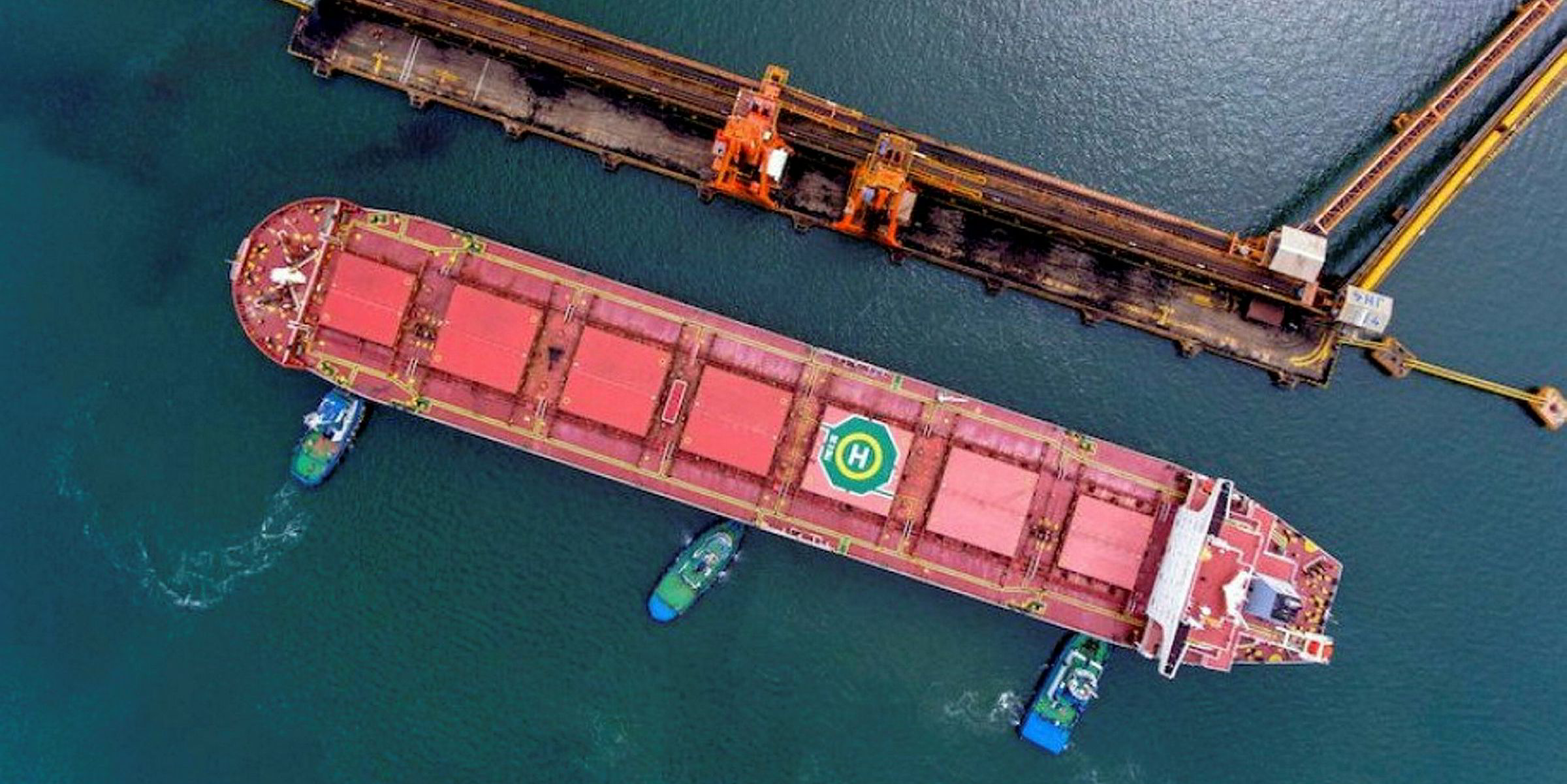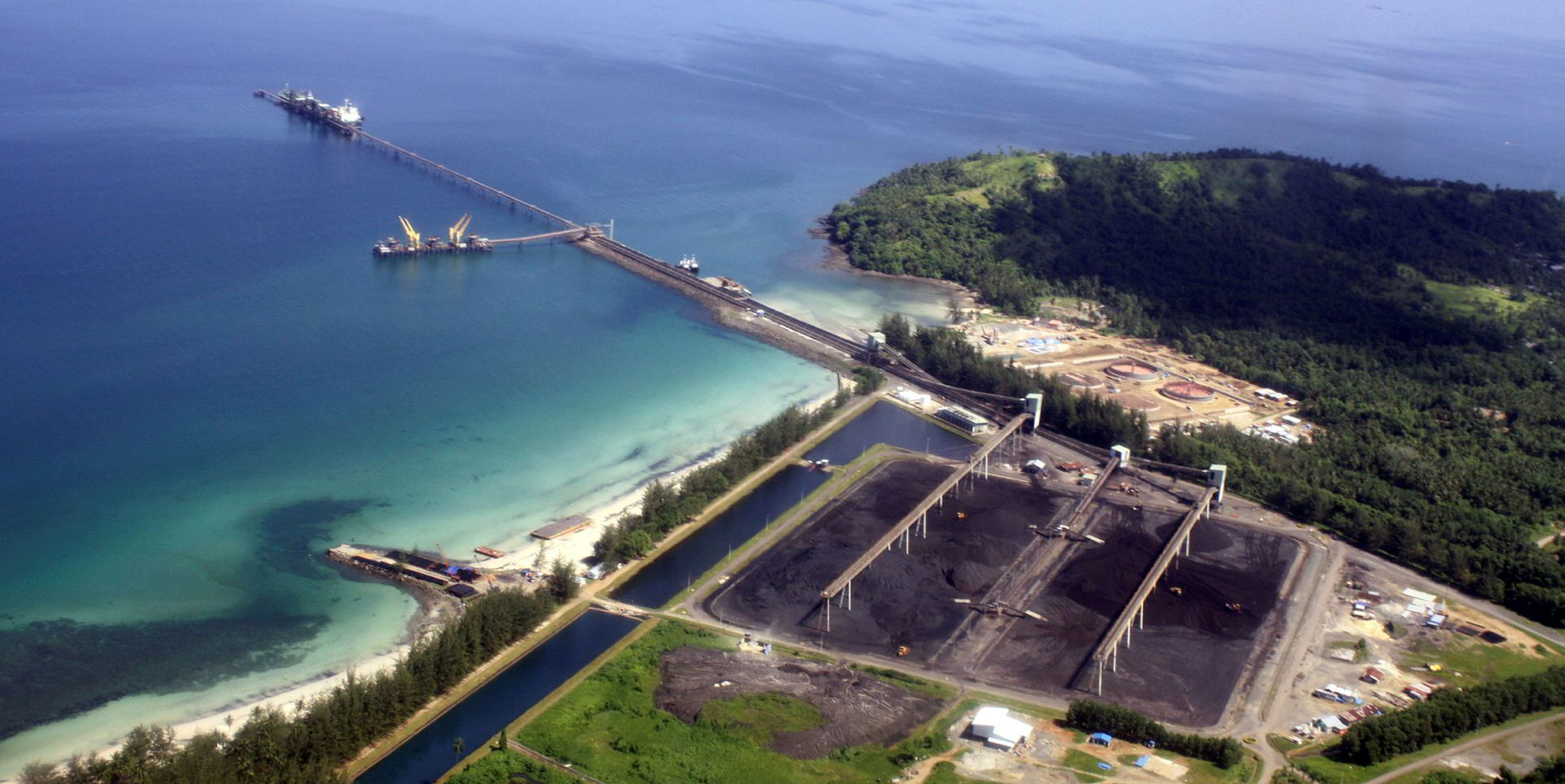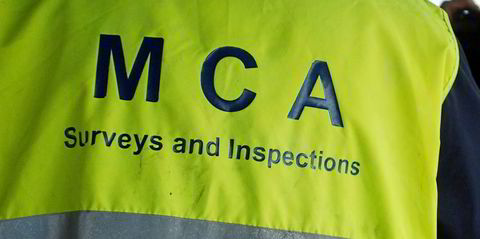The Indonesian government has finally provided clarity on changes being made to its cabotage laws covering coal exports after leaving the coal and dry-bulk sectors in a haze of uncertainty for several weeks.
The revised law now stipulates that only coal export cargoes of less than 15,000 metric tons will have to be shipped on Indonesian flagged vessels beginning on 1 May.
Vessels carrying larger quantities of coal will not be subjected to cabotage restrictions.
Asian coal industry observers say the new amendments will mostly affect South East Asian buyers whose shipments are delivered by barge or small vessels.
“Even so the impact will be minimal as the tugs and barges in this trade are almost all Indonesian owned,” one coal industry source said.
The announcement ends the weeks of market uncertainty following Indonesia’s Coordinating Minister for Maritime and Investment Affairs Luhut Pandjaitan unofficial indication in late March that the country was backtracking on previously announced cabotage rules requiring exports of coal to be shipped via national shipping companies.
With no official follow-up, it was unclear what would be revoked, and whether it would be a permanent or temporary move.
Indonesia’s cabotage laws on coal exports were quietly announced in October 2017. The first draft stipulated that coal exports would have to be sold on a cost, insurance and freight (CIF) basis, using Indonesian insurance and shipping companies.
Revised terms
The law was to go into effect on 1 May 2018, but after concerns were raised on whether Indonesian shipowners would be able to provide the required number of ships to handle the country’s exports, it was revised so that cargoes sold on both CIF and Free on Board terms could be arranged, although the freight would have to be purchased through a local shipping service provider, who in turn could charter in foreign flag tonnage to perform the contract.
Earlier this year representatives from the International Chamber of Shipping, European Community Shipowners’ Association and Asian Shipowners’ Forum warned the Indonesian government that the law was likely to have a damaging impact on the wider Indonesian economy.
Indonesian shipping sources told TradeWinds they were pleased the law had not been scrapped entirely. Its current form allows for a gradual step-by-step increase up the size range, giving Indonesia’s shipping industry time needed build up the necessary resources and expertise, while avoiding the probable disruptions that would have occurred had cabotage been implemented in one fell swoop.






